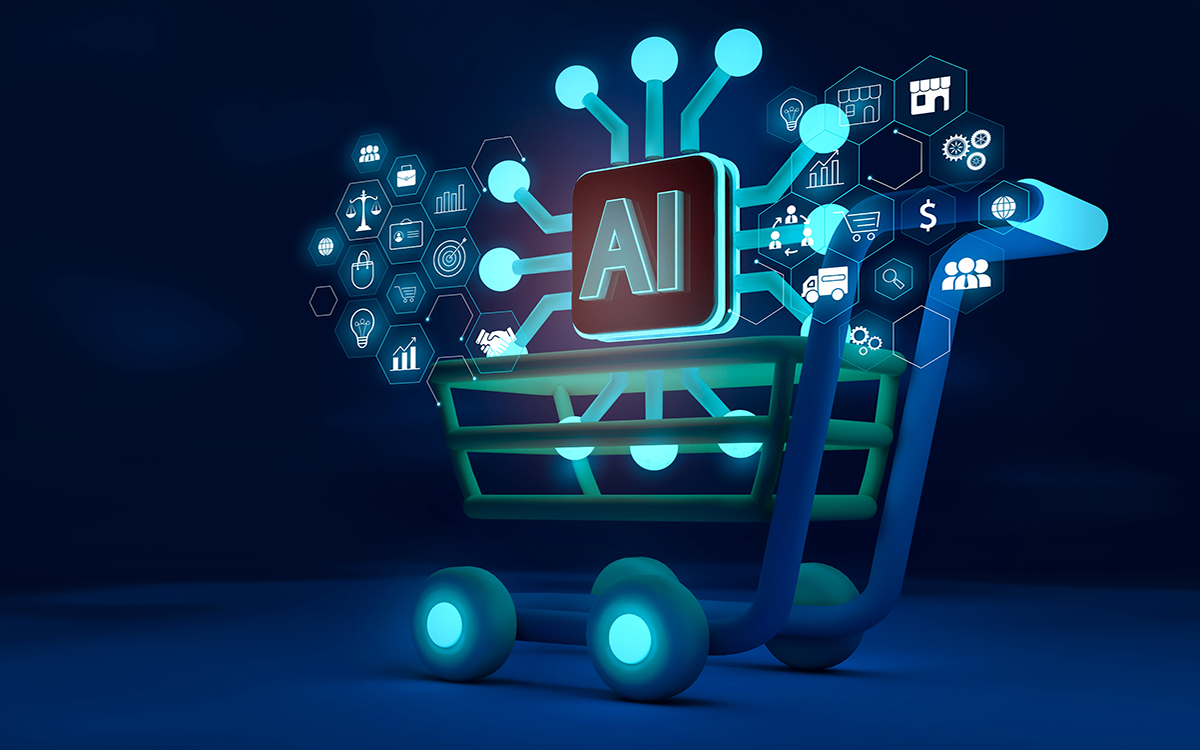Winning with AI: What Australian businesses need to do next
Fujitsu / January 17, 2025
2024 was a pivotal year for AI, with widespread adoption of AI across industries.
However, this surge in adoption revealed a stark reality: many organisations are struggling to translate AI investments into tangible business value.
In fact, while 72% of organisations adopted AI in 2024, only a quarter were able to unlock tangible value.
Building on the momentum of 2024, Australian businesses must move beyond mere adoption and strategically integrate AI to unlock its full potential.
This includes beginning with a strategic roadmap, and ensuring that AI initiatives align with business objectives.
1. 2024: The year of AI adoption and regulation
2024 saw the maturation of generative AI, as it moved beyond the initial hype, entering a more mature phase of practical implementation.Large Language Models (LLMs) also experienced explosive growth, with a new foundation model released every two and a half days, according to Gartner. This rapid development pushed the boundaries of natural language processing, reasoning, and code generation, opening exciting possibilities for businesses to automate tasks and reshape business processes.
In addition, the emergence of Agentic AI marked a paradigm shift from passive, reactive systems to proactive, goal-oriented agents. These autonomous systems can define objectives, adapt strategies, and learn from experience, mirroring human-like cognitive processes.
However, this rapid expansion of AI capabilities exposed critical vulnerabilities in existing infrastructure. The over-reliance on Nvidia’s graphic processing units (GPUs) and the escalating energy demands of AI workloads have spurred tech giants to invest in proprietary AI chipsets and search for sustainable energy sources.
Furthermore, as AI becomes increasingly powerful, the need for responsible development and deployment is paramount.
The EU's AI Act, implemented in 2024, sets a global standard for AI regulation, categorising systems based on risk and establishing ethical guidelines. Other regions, including Australia, are following suit, developing frameworks that aim to balance innovation with responsible AI practices.
2. The future of AI: How Australians businesses can stay ahead
The recent trends we observed provide a glimpse into the transformative potential of AI in 2025:a. Model diversity: While the race for LLMs continues, we'll see a surge in smaller, more efficient models optimised for edge computing and mobile devices.
For businesses, this means greater accessibility and the ability to deploy AI solutions on a wider range of devices, unlocking new possibilities for personalised and real-time applications.
b. Enhanced reasoning capabilities: LLMs will demonstrate unprecedented reasoning capabilities, with models like OpenAI's o1 already showcasing advanced reinforcement learning techniques that enable more nuanced, multi-step problem-solving.
Businesses should explore how these enhanced reasoning capabilities can be applied to complex decision-making processes, from strategic planning to risk assessment.
c. AI as a trusted assistant: AI is transitioning from a tool to a trusted partner. Agentic AI will empower businesses to automate tasks, reduce human intervention, and streamline workflows.
Begin experimenting with agentic AI to identify areas where autonomous decision-making can enhance efficiency and free up human resources for higher-value tasks.
d. Inter-agent collaboration: AI agents will interact and collaborate more seamlessly, orchestrating complex workflows and optimising business processes.
Businesses should investigate platforms and architectures that facilitate inter-agent communication and collaboration to maximise the potential of intelligent automation.
e. Enterprise adoption: The adoption of enterprise-grade AI solutions will accelerate, with a focus on security, privacy, and responsible use. Private LLMs will gain traction for enhanced data security.
f. Industry-specific AI solutions: We'll see a proliferation of domain-specific LLMs tailored to the unique needs of industries like healthcare and legal. Businesses should identify vendors and solutions that offer specialised LLMs relevant to their industry.
g. Sustainable AI practices: As energy consumption becomes a critical concern, the development of energy-efficient AI models will take centre stage.
3. Unlocking business value with AI in a changing landscape
2024 highlighted a remarkable convergence of technological innovation, ethical considerations, and transformative potential. As we look towards 2025, the boundaries between human and artificial intelligence continue to blur, promising a future of unprecedented computational creativity and problem-solving capabilities.The challenge now is not just adopting AI, but effectively integrating it to drive real business value and maintain a competitive edge in the Australian market.
Don't navigate these complex waters alone.
Fujitsu's expertise in AI implementation can help your organisation stay compliant while leveraging the power of AI to drive growth. Contact us today at dataandai@fujitsu.com to discuss your AI needs and let us guide you through this new legislative landscape.

Mahesh Krishnan
Chief Technology Officer for Oceania, Fujitsu
Editor's Picks

A Blueprint for Scaling AI and Resilience in Southeast Asia
Most business leaders in Southeast Asia have moved past debating whether to use AI. They are now tr…
Fujitsu / December 16, 2025

Redefining retail: How data and AI are powering the future of shopping
Discover how AI and data are driving hyper-personalisation in retail, from intelligent virtual assi…
Fujitsu / July 28, 2025

The CISO’s guide to Microsoft 365 security: your immediate actions to avoid hidden risks before it’s too late
During the pandemic, organisations had no choice but to rapidly shift to cloud services like Micros…
Fujitsu / January 15, 2025
